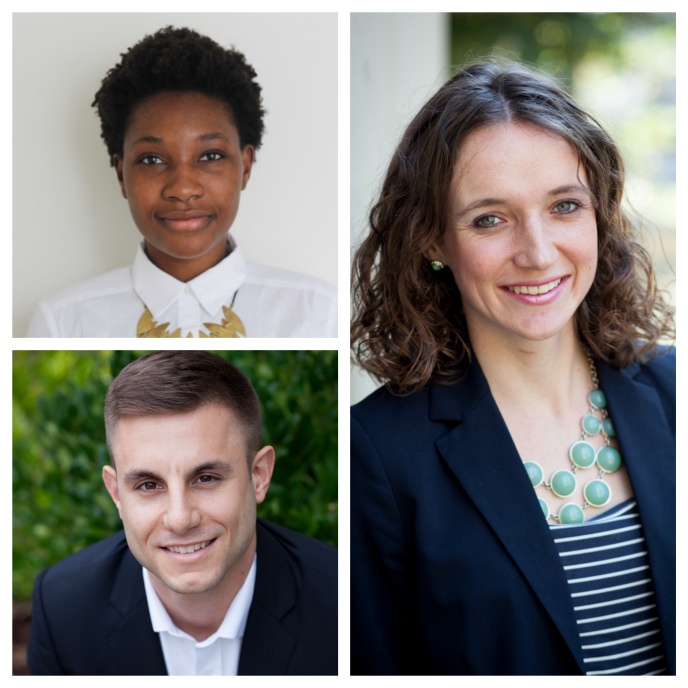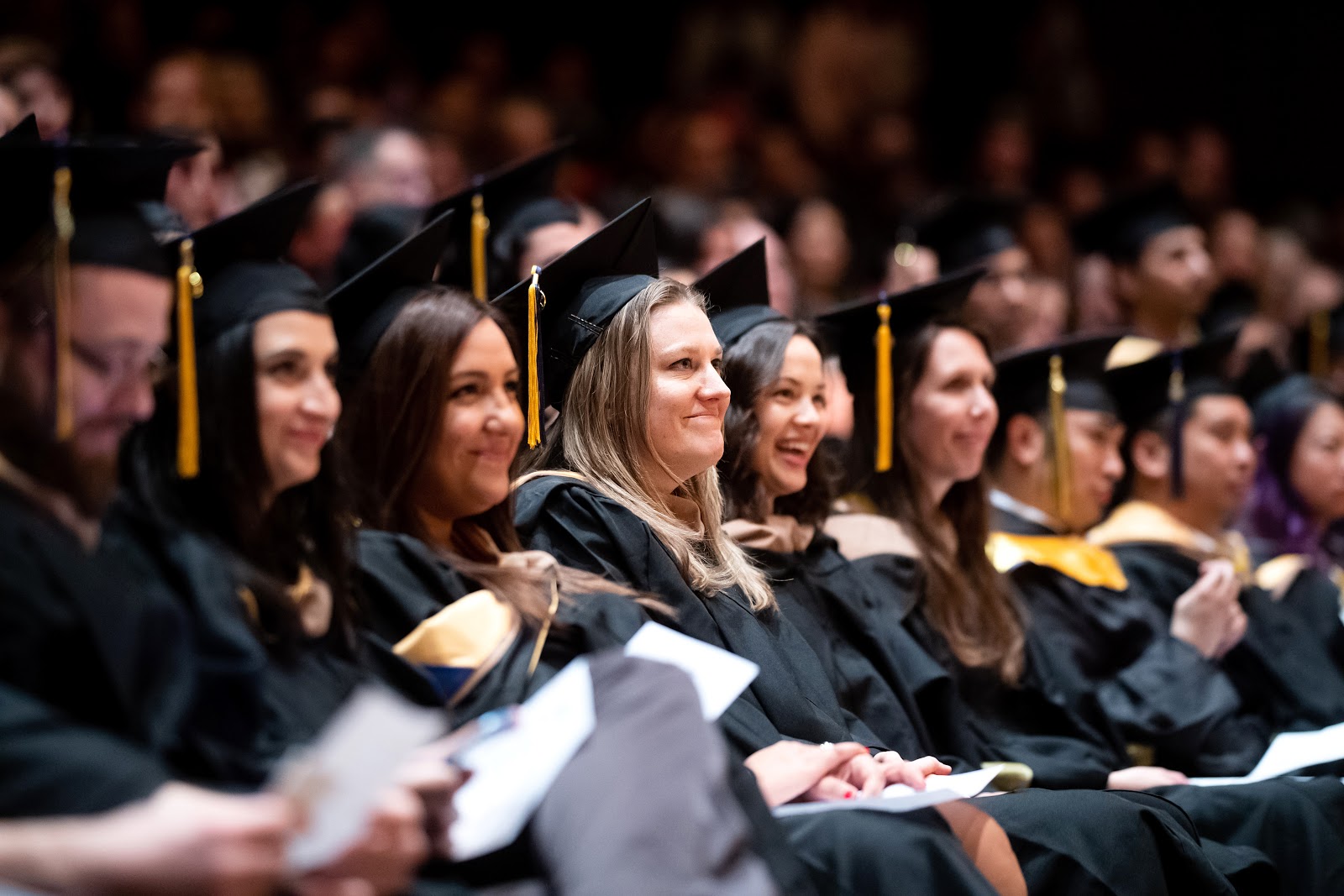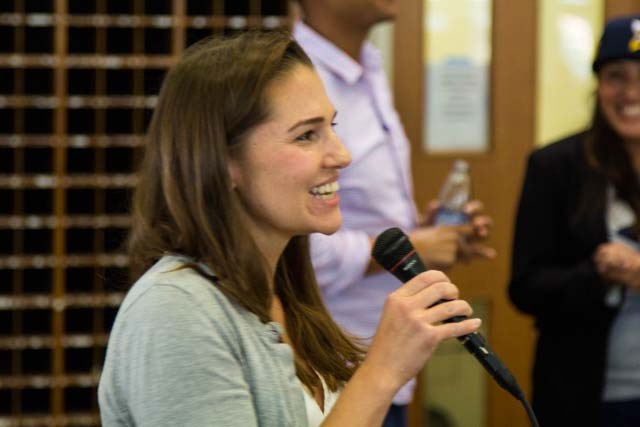Nearly half of this year's class entering full-time MBA students received scholarships totalling a record $6.7 million.
In all, 113 of the 233 new students received awards ranging from $5,000 to $180,000 for two years of coursework—with an average award of $30,000 for their first year.
Dozens of scholarships based on need, merit, career area or commitment to diversity are offered every year through Berkeley Haas, UC Berkeley, and outside organizations.
We spoke with three winners of some of Haas' most prestigious scholarships about what brought them here, and what they plan to do with their education.
Hadiatou Barry, MBA 17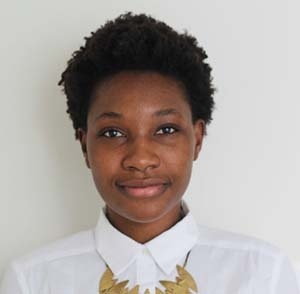
Jacobs Foundation Fellowship: These $180,000 grants are awarded to individuals pursuing careers in social impact and who have a minimum of three-to-five years of work experience.
Hadiatou Barry has a big goal: improving girls’ education in Francophone West Africa.
“Everything I’ve been able to do is because of education,” she says.
Born in Guinea and raised in Senegal and Cote d’Ivoire, Barry initially thought she was cut out for international relations and diplomacy. After getting her undergraduate degree at Georgetown, she worked at an organization that ran economic growth projects in half a dozen countries in Africa and Latin America.
The projects had real-world impacts, like helping farmers maximize efficiency but also making sure they have someone to sell to. Seeing the way that leveraging the private sector can lead to actual results was what changed her path.
“I think it’s why I started thinking about business,” she says.
But it wasn’t until she attended a meet-up of Nigerian women entrepreneurs that she realized it was time to branch out on her own.
“Why is it that I’m not doing something now?” she remembers thinking.
Business school may not seem the typical way to work on improving girls' education, but for Barry, it's the perfect place to embark on such a project.
“I’m approaching business school as an incubator,” she says.
But not any business school would do. It was the kind of thing she felt she could only do at Haas, where she has met other students with similar long-term, far-thinking goals. “I don’t think that’s something you’ll find in most business schools,” she says.
She’s already planning out a prototype project for summer, where she’ll test what types of supplemental education can really benefit her target population, and get feedback from partners, parents, and the girls themselves.
In the meantime, she’s starting a podcast with a group of classmates to highlight the stories of the diverse people she’s met at Haas.
“Haas students love stories, and we all come from such very different backgrounds,” she says.
For Barry, Haas is the kind of place where she can do all she planned—and more. “It’s a dream come true,” she says.
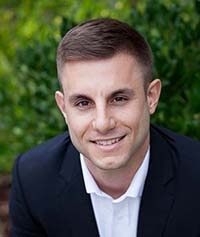 Steve Erario, MBA 17
Steve Erario, MBA 17
David S. Ng Fellowship: This $110,000 fellowship is awarded to students who exhibit strong potential for business, economic, or governmental leadership in their home country.
Without a doubt, a person’s background shapes their future. But not always in the way you’d expect—at least, that’s how it is for Steve Erario. He grew up in what he describes as a privileged existence in Connecticut, yet as a child, he realized there were many things wrong with the world, and those things needed to be fixed.
Erario isn’t even sure himself why that realization hit him so hard, but it proved to be much more than a childhood phase. It led him into non-profit and volunteer work—first as a high schooler convincing his school to recycle, then a summer internship with the town of Waterville, Maine while a student at Colby College.
That experience was Erario’s first glimpse that changing the world might not be as easy as he thought. After toiling all summer on a report that only got shelved, he decided to take action himself.
While still an undergraduate, he raised $250,000 to form a non-profit that allowed business, govenment, and community groups to partner around improving the environment and economy in Maine. The organization has continued to work with the city to start a public transit program, set up urban gardens, and promote energy efficiency in homes.
It was that last element that proved a turning point. Since then, Erario has been working in the green-tech industry, both for the state of Maine and in the private sector, focusing on solar energy and carbon trading policies.
Having tried the public and non-profit sectors, Erario realized that neither was the right place for him. But it had never occurred to him to go to business school—until a mentor suggested it.
“I guess that’s what mentors are for,” he says.
Once the idea had planted itself in his mind, he realized it was a great choice. But he had to find the right place, one that would support him in his desire to help the world and not treat that fundamental drive as a cliché. He found that at Haas the first time he read the founding principles.
Although that wasn’t all he mentioned in his admissions interview: Erario admits to having mentioned that his friends had told him that as a Prius driver, yoga lover, and green-smoothie drinker, he had to go to UC Berkeley. And it did turn out to be true that there are a lot of Priuses.
But for him, Haas has so far proven to be the kind of place he was looking for—where dedication and innovation can go hand in hand.
“I think it’s a place for innovators and people who are blazing their own path,” he says.
Carrie Gladstone, MBA/MPH 17
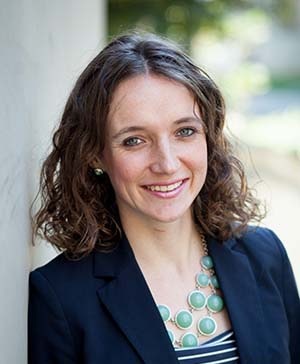
Brian Maxwell Fellowship: This $80,000 fellowship is awarded to individuals who have demonstrated entrepreneurial spirit and a drive to create and implement innovative projects, products, and ideas. It was established in memory of Brian L. Maxwell through the generosity of Jennifer Maxwell.
Sometimes it's chance meetings that change a life. Sometimes it’s long relationships. And sometimes—like for Carrie Gladstone—it’s both.
“I start with family because that is where my values come from,” Gladstone says.
The dual-degree candidate is thinking ahead in more than one way, following her passion for the issues around aging and the elderly into a dual degree program. She has a clear goal: to help change the way society deals with how we age.
“We’re not very well-prepared to empower older people,” she says, noting that we also have a lot to learn from older people.
Gladstone believes that with the demographic shift towards an aging population, better structures and systems need to be in place to support the elderly. She means to be one of the people putting them in place.
“The piece I really care about is ensuring meaning and purpose across someone’s life,” she says.
Her interest in aging has developed over the years, partly inspired by her own grandparents—two of whom are still alive and in their 90s.
“My grandma has an iPhone,” she says with a laugh.
It was also deepened by a friendship she developed when volunteering to visit older people who lived alone. One woman she met became a close friend over the two-and-a-half years Gladstone paid her weekly visits. They’re still in touch.
“I’m carrying her umbrella,” she says.
Choosing to go to business school was something Gladstone approached with just as much deliberateness and strategy as she did developing large fundraising projects as an undergrad at Georgetown, or working as a consultant at Deloitte. She knew she wanted to combine a business degree with another speciality, but was not sure which one: she investigated social work and even shadowed a nurse practitioner before settling on public health.
Her clear focus finally led her to Haas as the best place to realize her plans and devise a new way to tackle the issues she is so involved in.
“This is a luxury, to be here in this amazing place that is about disruption,” she says.
—Maya Mirsky




